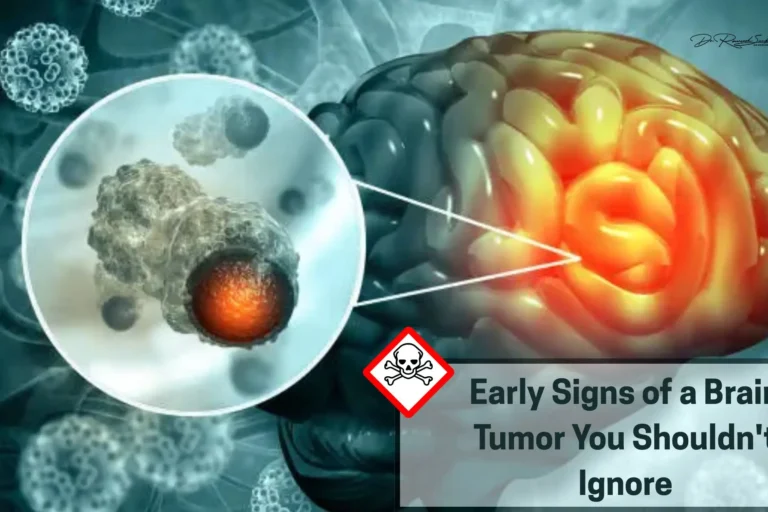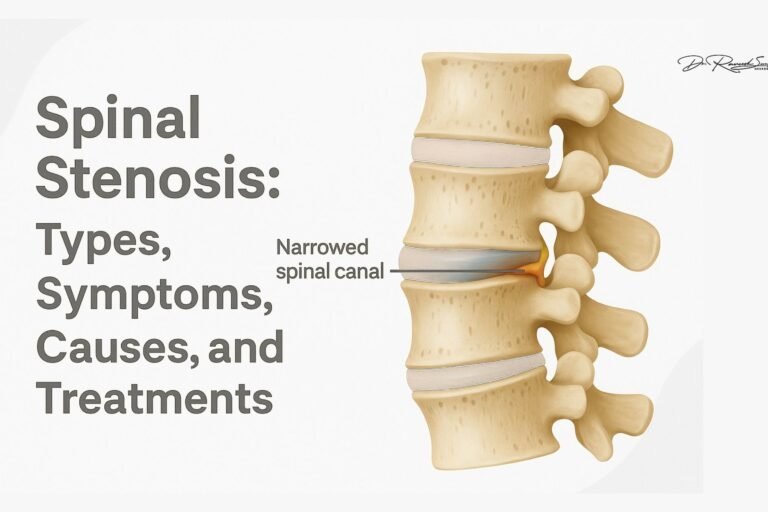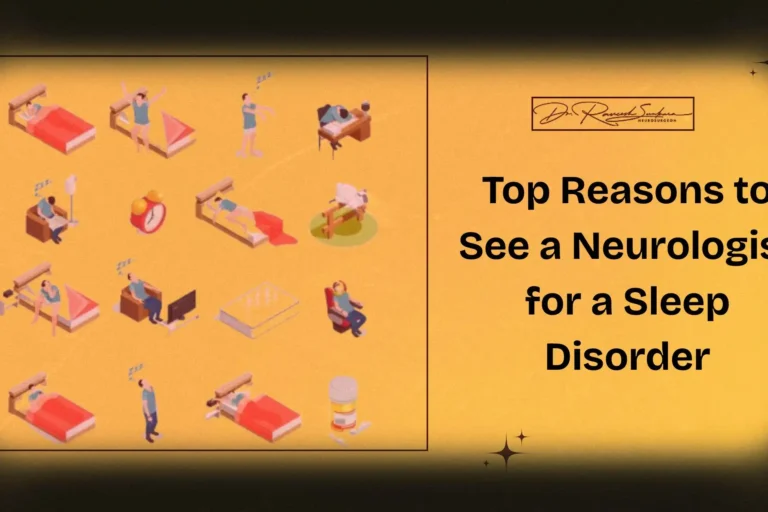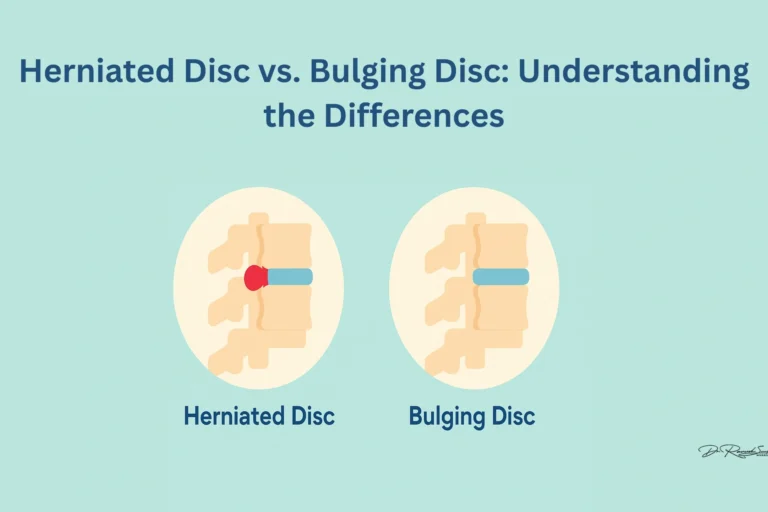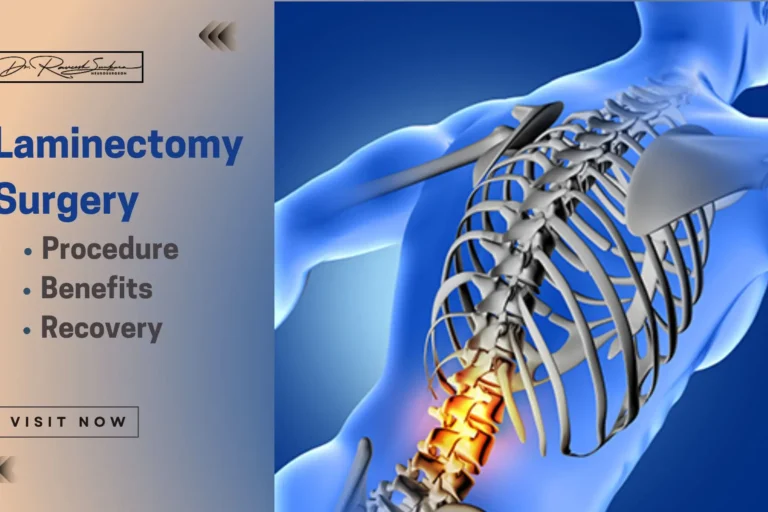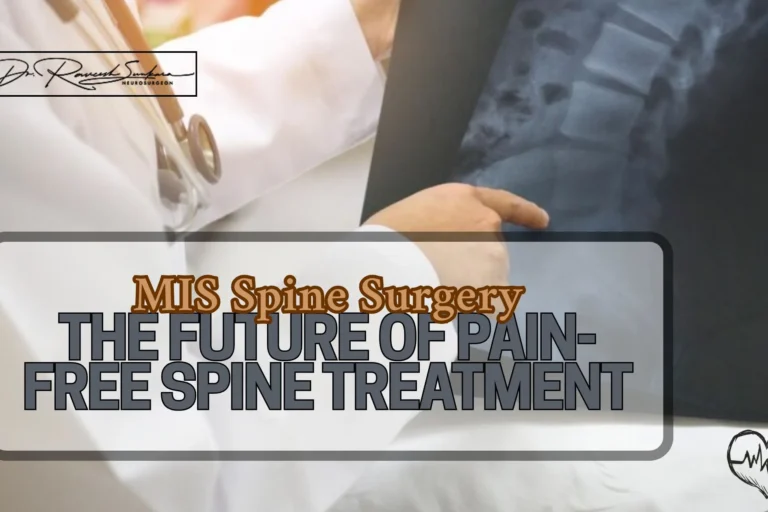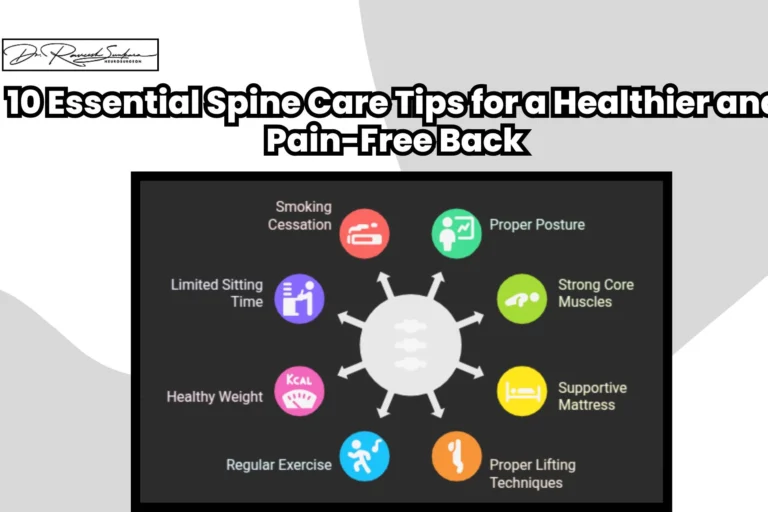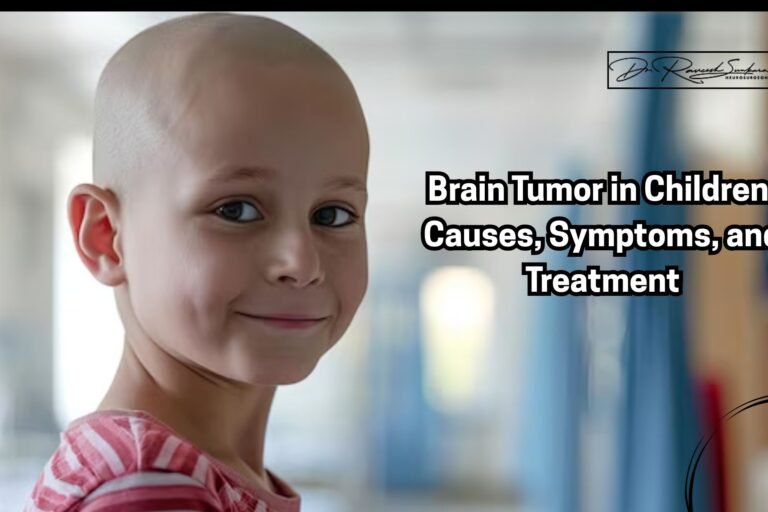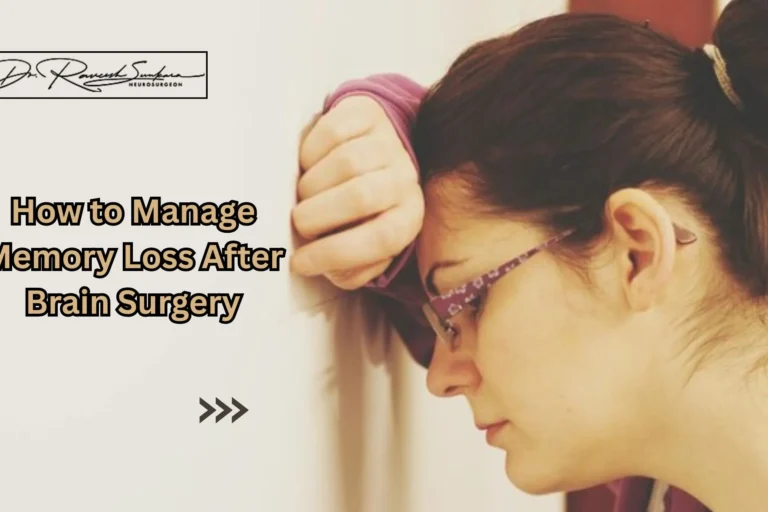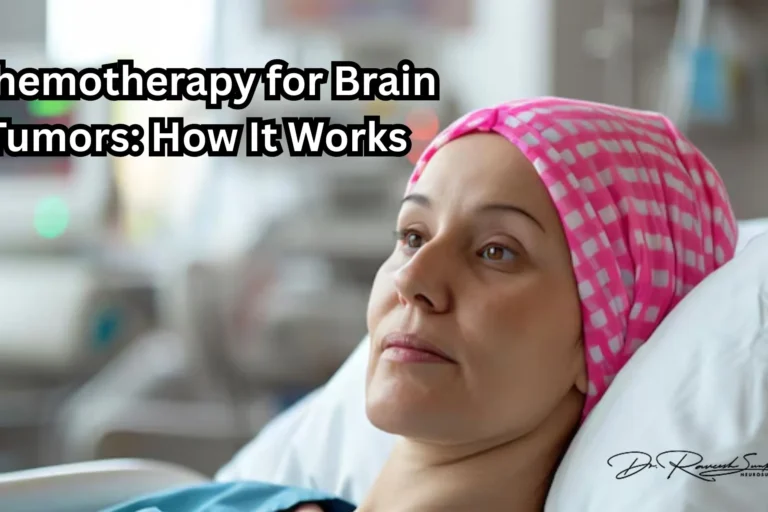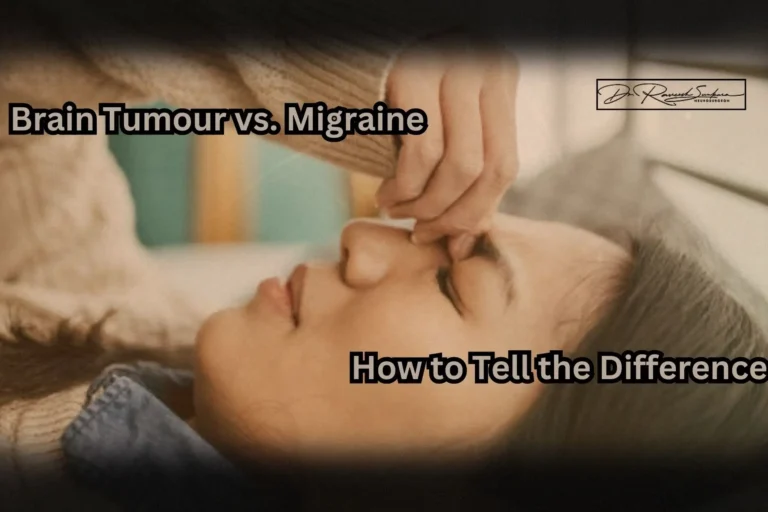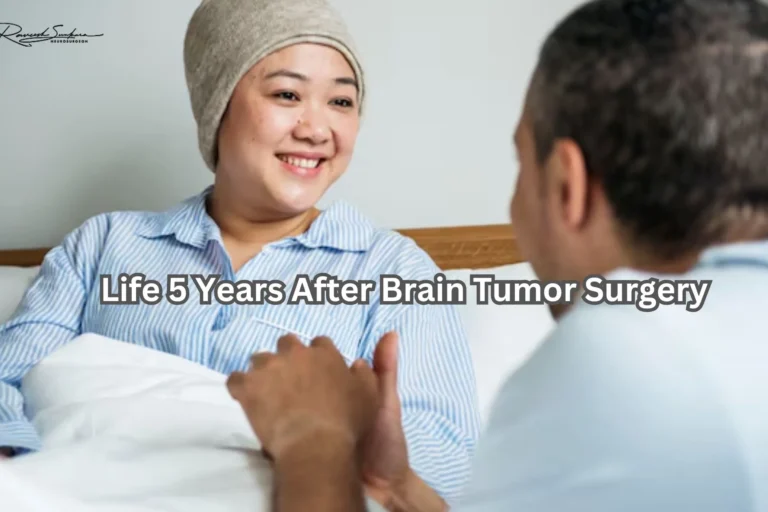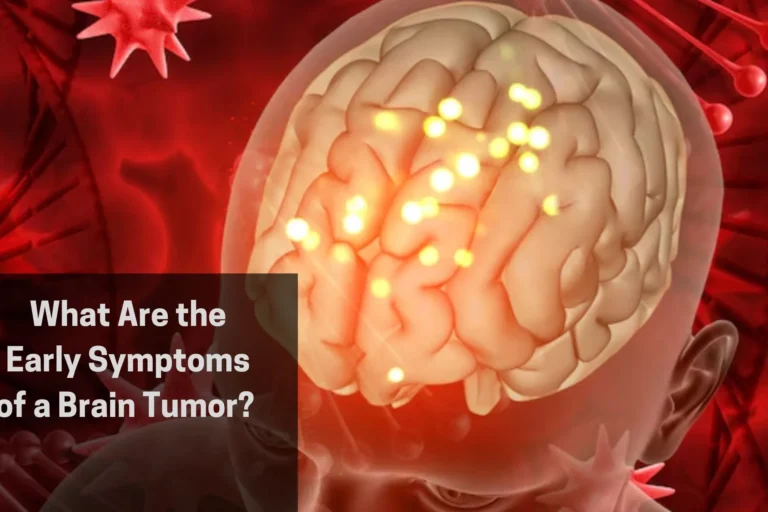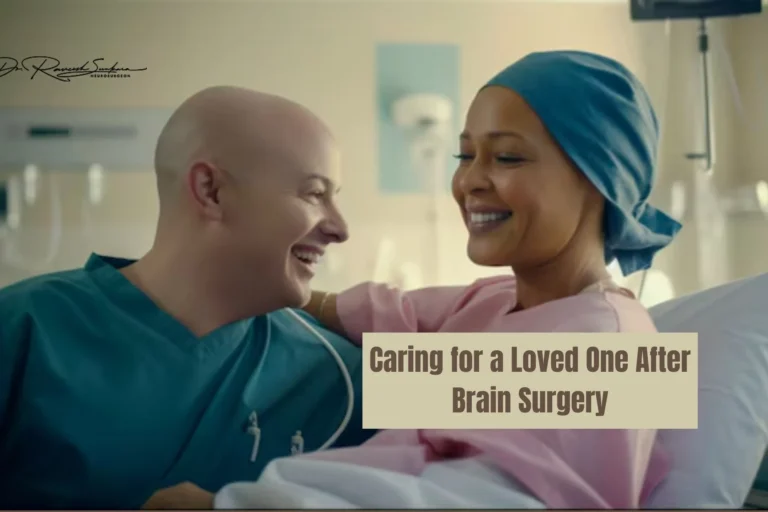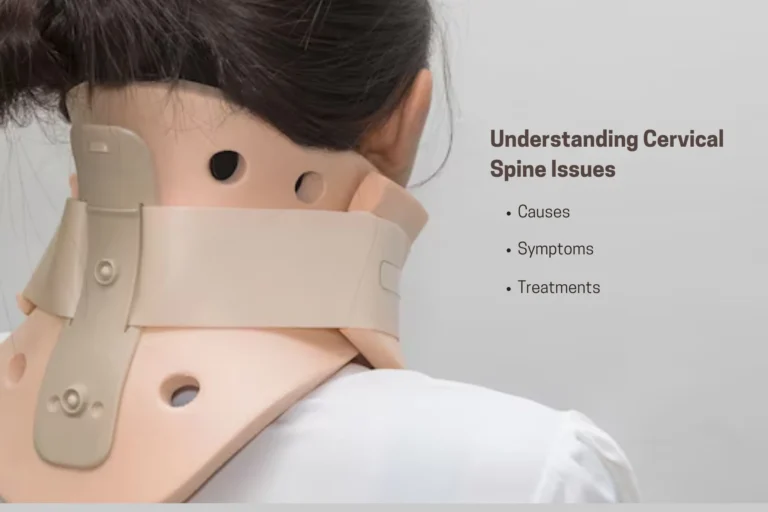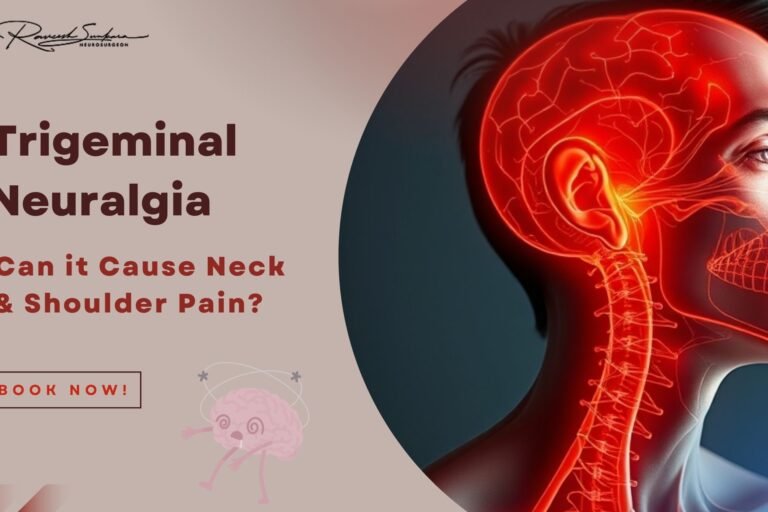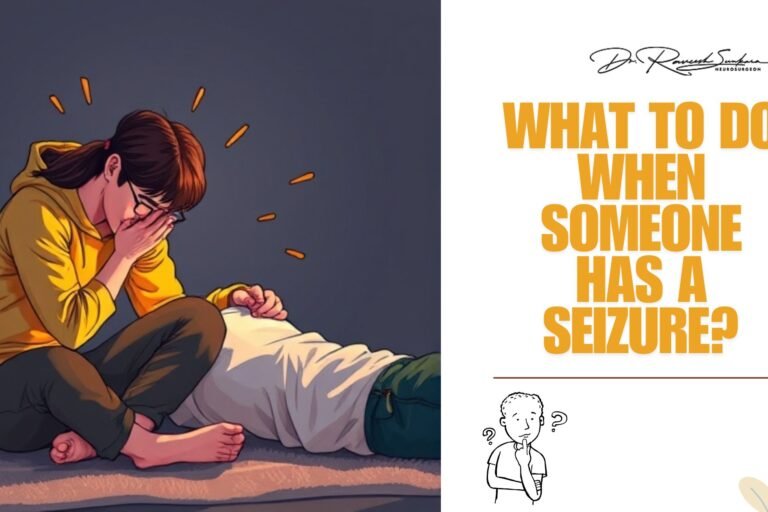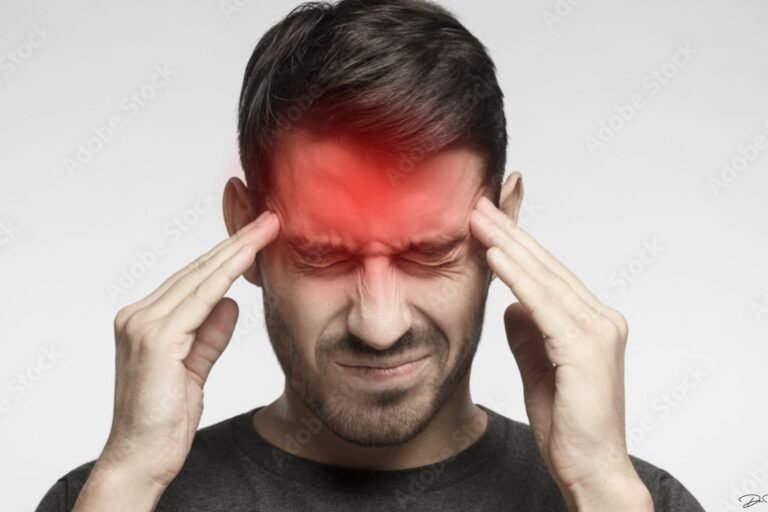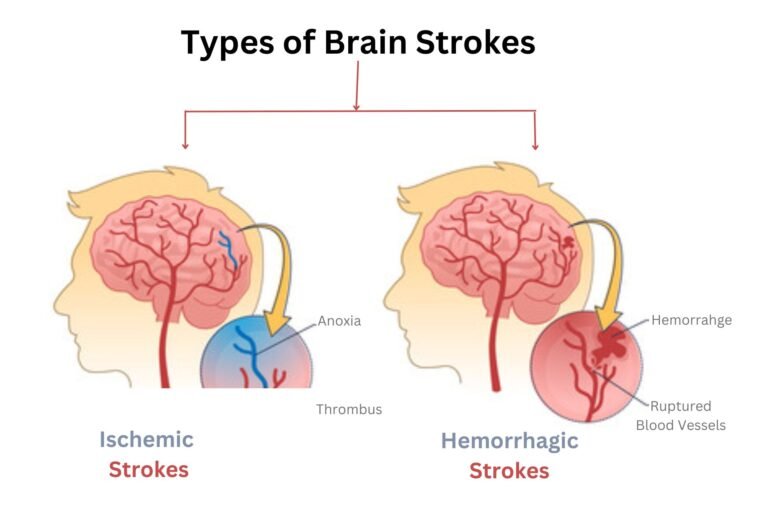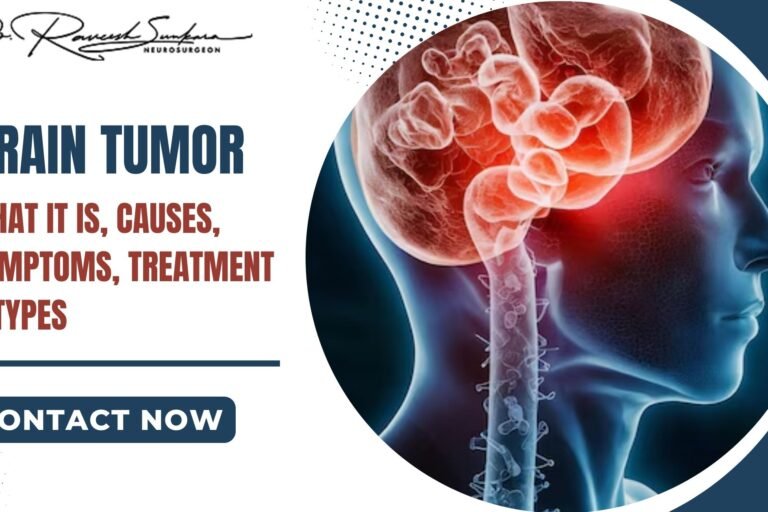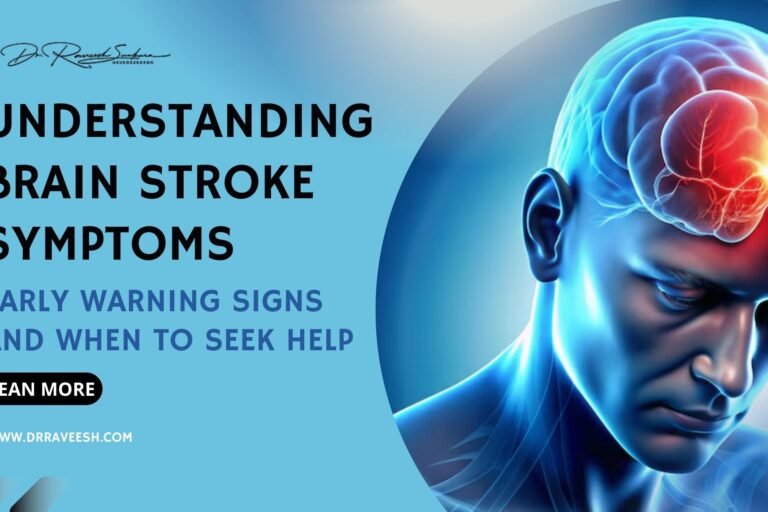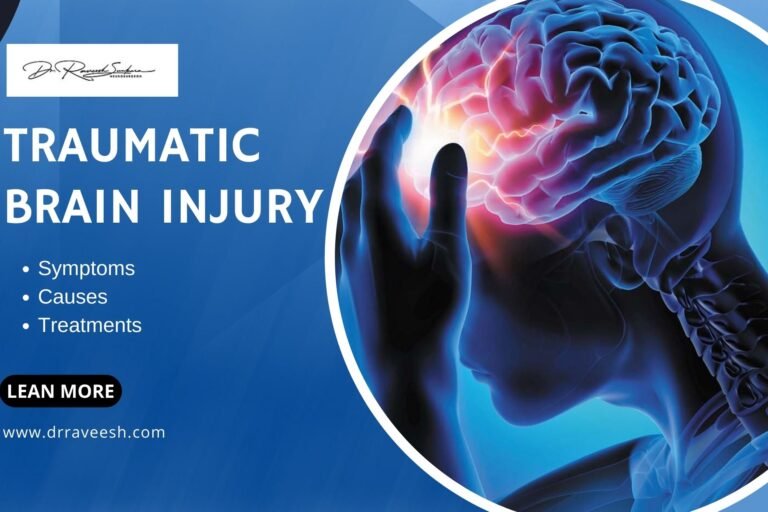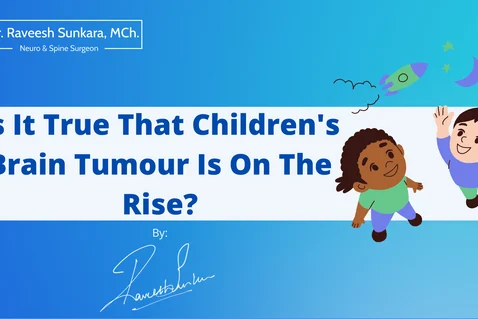Pediatric Spinal Cord Conditions: A Friendly Overview
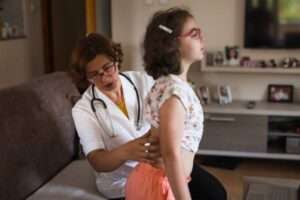
Pediatric Spinal Cord Conditions are issues related to the spinal cord in kids. This could be anything from congenital abnormalities (problems present at birth) to injuries later in life.
The spinal cord is an essential organ of the human body; it’s the main highway for messages between our brain and the rest of our body. So, any condition or injury affecting it can impact a child’s movement, sensation, or overall health.
Scoliosis is a type of spinal deformity that affects 2-3% of the population. Its most common age of onset is 10-15 years old.
Treating Pediatric Spinal Cord Conditions
Treating Pediatric Spinal Cord Conditions depends on the specific issue at hand. But let’s break down some common approaches:
Observation: Not all conditions require immediate intervention. In case of minor issues, Dr. Raveesh Sunkara and his team monitor the patient over time to see if they resolve independently.
Physical Therapy: Physical therapy can help improve movement and strength for certain conditions, especially injuries. It’s like a workout for the spine, tailored to each child’s needs.
Medication: Pain or inflammation related to spinal cord issues can often be managed with medications. This ensures the child remains comfortable and can participate in daily activities.
Bracing or Casting: For conditions like scoliosis, Dr. Raveesh Sunkara may recommend a brace to help align the spine as the child grows.
Surgery: In more severe cases or when other treatments aren’t effective, surgery might be necessary. This could involve Dr. Raveesh Sunkara correcting an abnormality, removing a growth, or stabilizing the spine.
In essence, the treatment for Pediatric Spinal Cord Conditions ranges from non-invasive monitoring to surgical interventions. They are all aimed at ensuring the child leads a healthy, active life.









 A Pediatric Neurosurgeon specializes in the surgical treatment of neurological disorders in children. Their expertise is crucial for addressing brain and spinal issues in young patients. Dr. Raveesh Sunkara is renowned for his prowess in pediatric neurosurgery in Hyderabad. He offers unparalleled care for young patients requiring neurological interventions.
A Pediatric Neurosurgeon specializes in the surgical treatment of neurological disorders in children. Their expertise is crucial for addressing brain and spinal issues in young patients. Dr. Raveesh Sunkara is renowned for his prowess in pediatric neurosurgery in Hyderabad. He offers unparalleled care for young patients requiring neurological interventions.
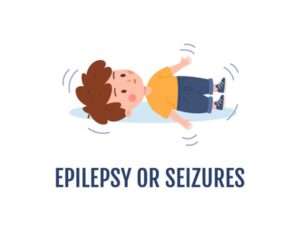

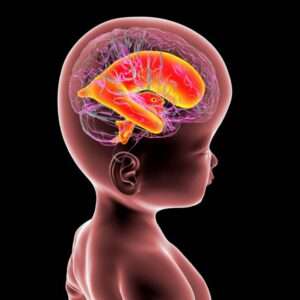

 Kids are curious, and sometimes, that curiosity leads to bumps on the head. But when is it more than just a bump? That’s where evaluation comes in.
Kids are curious, and sometimes, that curiosity leads to bumps on the head. But when is it more than just a bump? That’s where evaluation comes in.